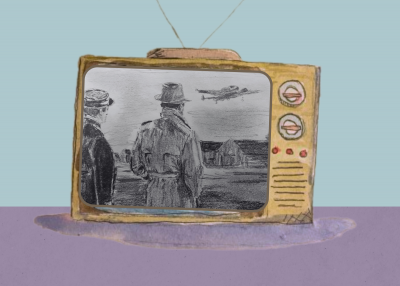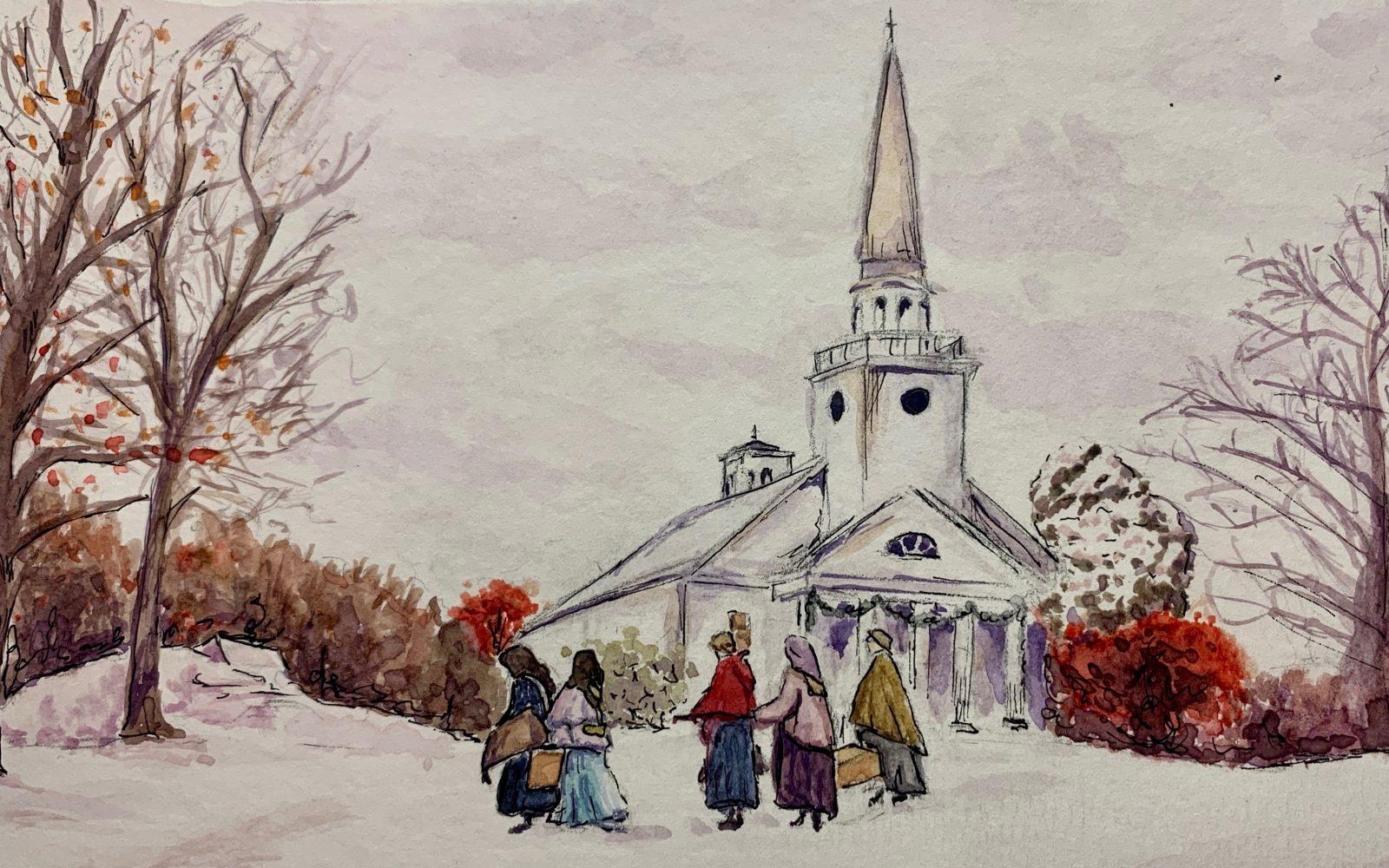In the last three months, I have seen three films in revival houses across the country. It was blatantly obvious that there was no coincidence in the timing of these films re-emerging in the cinema.

The movies — Quentin Tarantino’s “Inglourious Basterds,” Michael Curtiz’s “Casablanca” and Mathieu Kassovitz’s “La Haine” — are all considered some of the best films of all time.
It is no surprise that revival houses are ecstatic to show them or how packed the theaters were for each of these films. However, what didn’t originally occur to me is that these movies were being shown beyond the normal “throwback” intention of most revival houses — they are shown right now completely on purpose and for a purpose.
Let’s look at the basics of what these movies are about, and just a warning, there are spoilers ahead.
“Inglourious Basterds” is about a group of men in the U.S. Army charged with killing as many Nazis as possible, and their involvement, as well as a young Jewish woman’s coincidental involvement, in a plan known as Operation Kino to kill all the Nazis in attendance at a German propaganda film premiere.
“Casablanca” is a film made during World War II about Rick Blaine, an American expat who owns a bar in Casablanca. Blaine’s ex-lover and new husband attempt to use the city to escape the Nazis and make it to the United States.
And lastly, “La Haine,” translating to hatred in English, is about a Black man, an Arab man and a Jewish man in the projects outside of Paris and the 24 hour period of nearly after one of their friends, Abdel, gets brutally beaten by police and falls into a coma.
There is a clear connection that reveals why revival houses are so intent on showing these movies. Each of them are, in some way, about the oppression of a group of people. More specifically, they focus on the oppression of groups that have recently been in the spotlight due to increased amounts of hatred and persecution.
Antisemitism is on the rise yet again, so is anti-Arab and anti-Muslim rhetoric, and continuous other hate crimes and racism toward Black people. The revival houses are making a clear protest against oppression and hate directed toward marginalized groups.
Their impact cannot be described. In taking this stand and protesting against hatred, revival houses are proving that they are capable of taking on a new role in society. Not only do they serve to show audiences the voices of the past, but now use those voices to try and influence the voices of the future.
The revival house in America has officially taken on a new role as an organization that is committed to using their platform to further promote positive messages to the next generations who are open and ready to hear them. They can now defend themselves against close-minded people who claim they just show old movies because they are committed to using their platform to further promote positive messages to the next generations who are open and ready to hear them.
In curating meaningful lists of movies, mixing popular titles with experimental cinema — these houses are able to draw in various different types of audiences who have one big thing in common: They are interested in the messages that the revival house has to send. And we are all here for it.
Whether we predicted this or not, revival houses are clearly making a statement by showing movies with such directed messages, and this statement is one that needs to be heard loud and clear if we are to create change in society.
To my fellow revival house aficionados, let’s listen to the revival house protests and their calls for action against oppression, and let’s work hard to fix society’s problems that the revival houses are calling our attention to.
























































































































